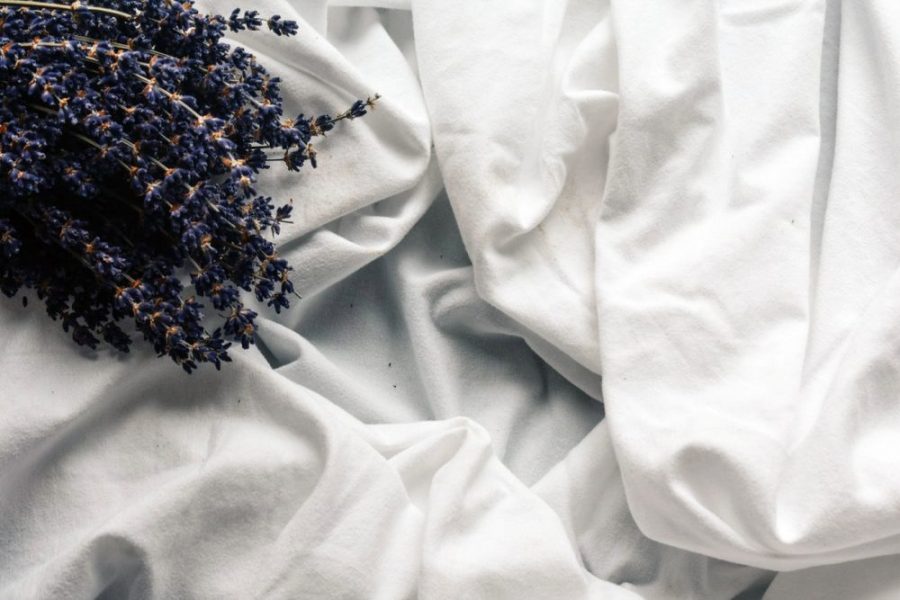
As spring approaches, our days are getting longer, the sun is getting warmer, and the earth is awakening around us. With the arousal of nature, you would expect that we too would gain an energy kick after leaving our semi-hibernative states during the winter period. But instead, many of us find ourselves tossing and turning in bed each night, resulting in endless lethargia.
This is normal! It takes time for our bodies to adjust to sleep-wake cycles to match the changing season, especially with the man-made practice of daylight saving. The exposure to more daylight can encourage us to take on more each day, and discourage our bodies to wind down and rest. We certainly appreciate the additional evening sunlight, but the shift in routine can be rather jarring.
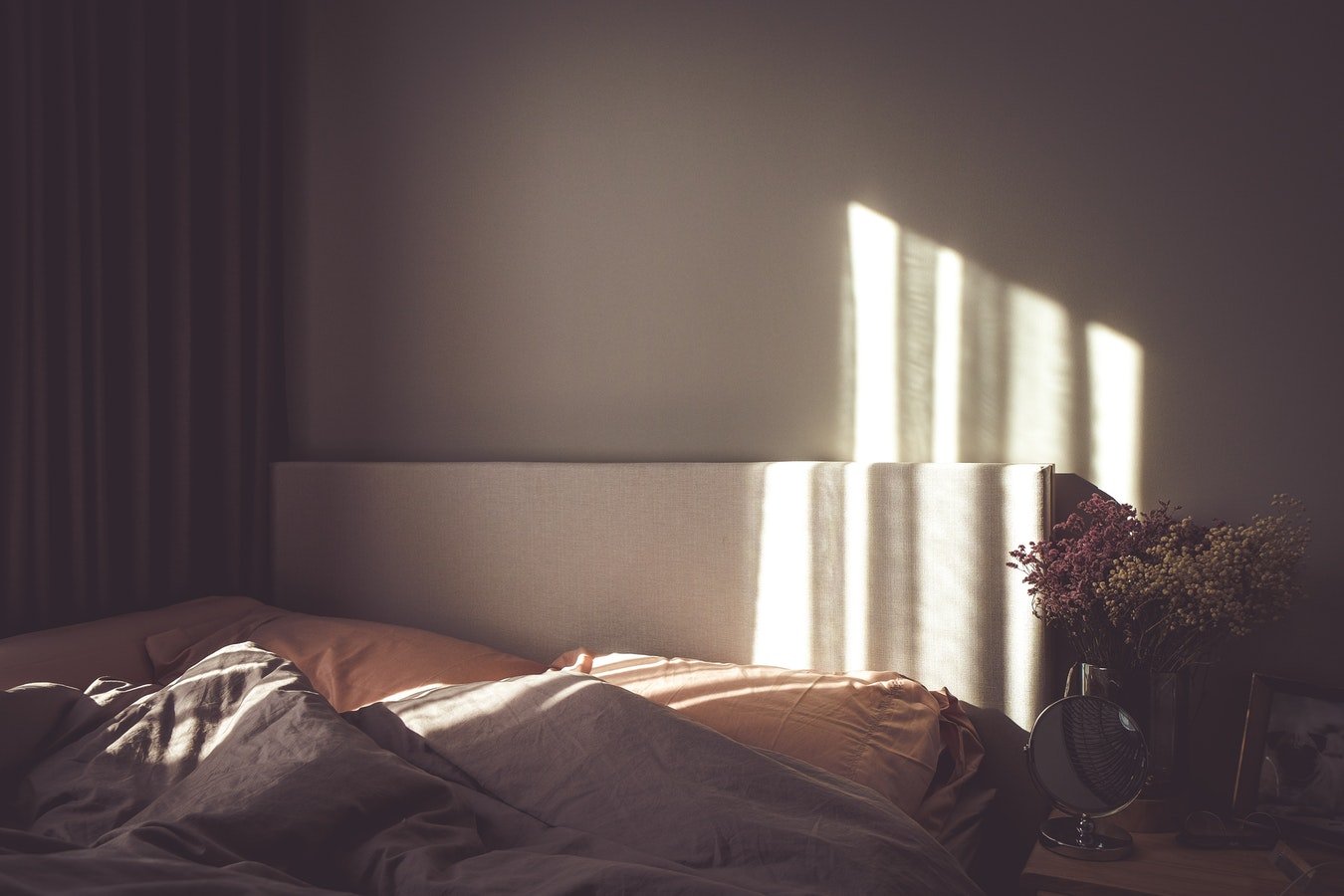
This disruptive process of change can be challenging to counteract, but an age old remedy we swear by is the use of Lavender. It is likely that your mother would have championed this form of aromatherapy, taught on from her mother, and so on. But this is no myth, there is a reason the use of this heady flower has been passed down through history.
Decades ago, it was being used by some of our favourite pioneers of health and beauty, The Ancient Egyptians and Romans (if you read our previous piece ‘Men Have Always Been Grooming’ you will learn how the men of these tribes proudly beautified). The Egyptians were known to incorporate lavender into massage oils, while the Romans used it for headaches and healing wounds. Through time, the soothing properties recognised by our ancestors have been well researched, now predominantly finding their place as a natural sleep remedy.
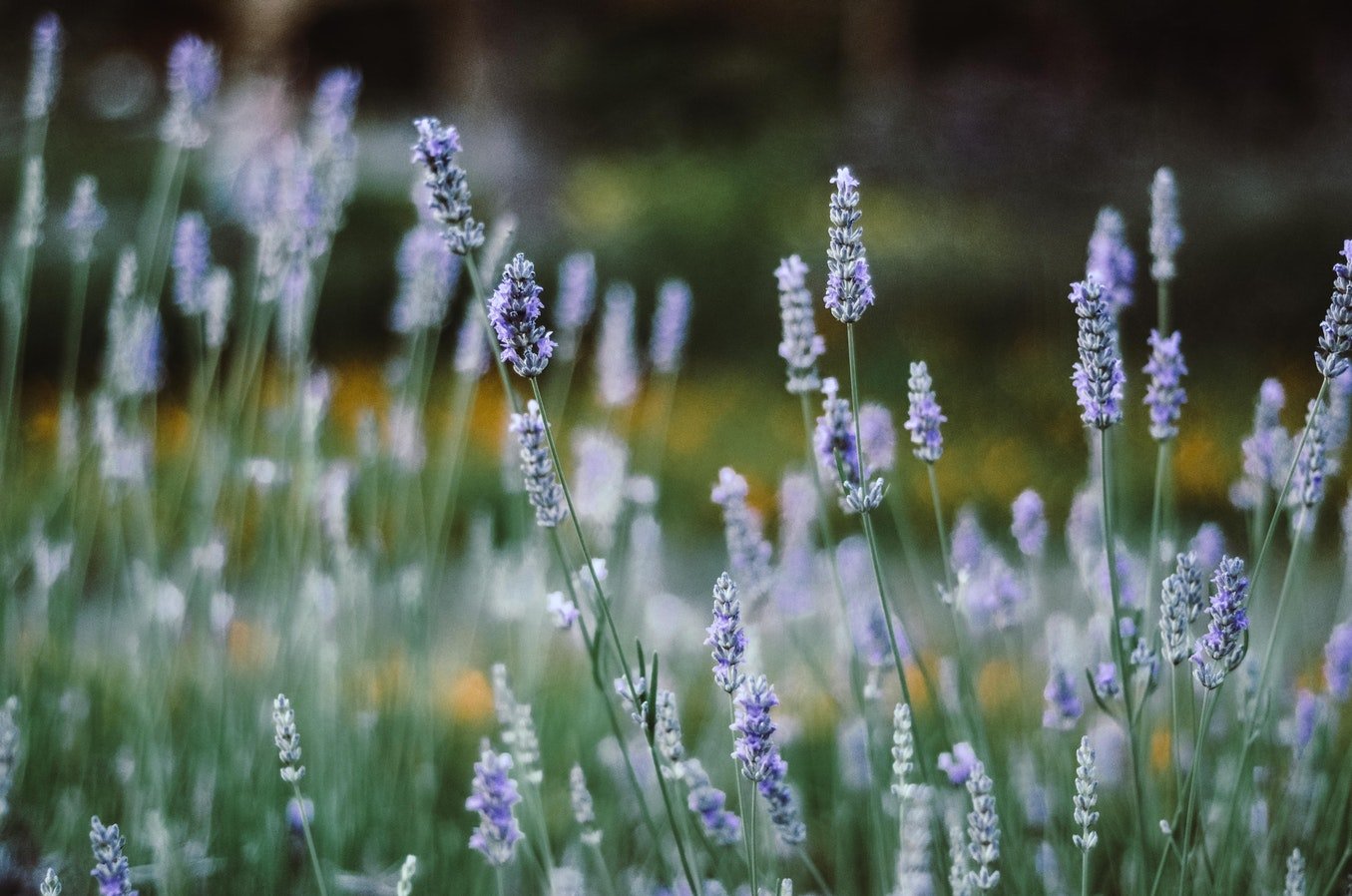
The potent, herbal aroma may not directly improve sleep quality but rather induces a sense of calm and lowers stress and anxiety, which relaxes the body to lull you into a deep and gentle sleep. The scent interacts with the neurotransmitter GABA, which helps to switch off the brain nervous system activity, diminishing unwanted anxious thoughts, emotion and restlessness. The power of aroma is quite remarkable.
If you’ve been yearning for a better nights sleep, here are some ways you can use the fragrant flower:
Oil the skin
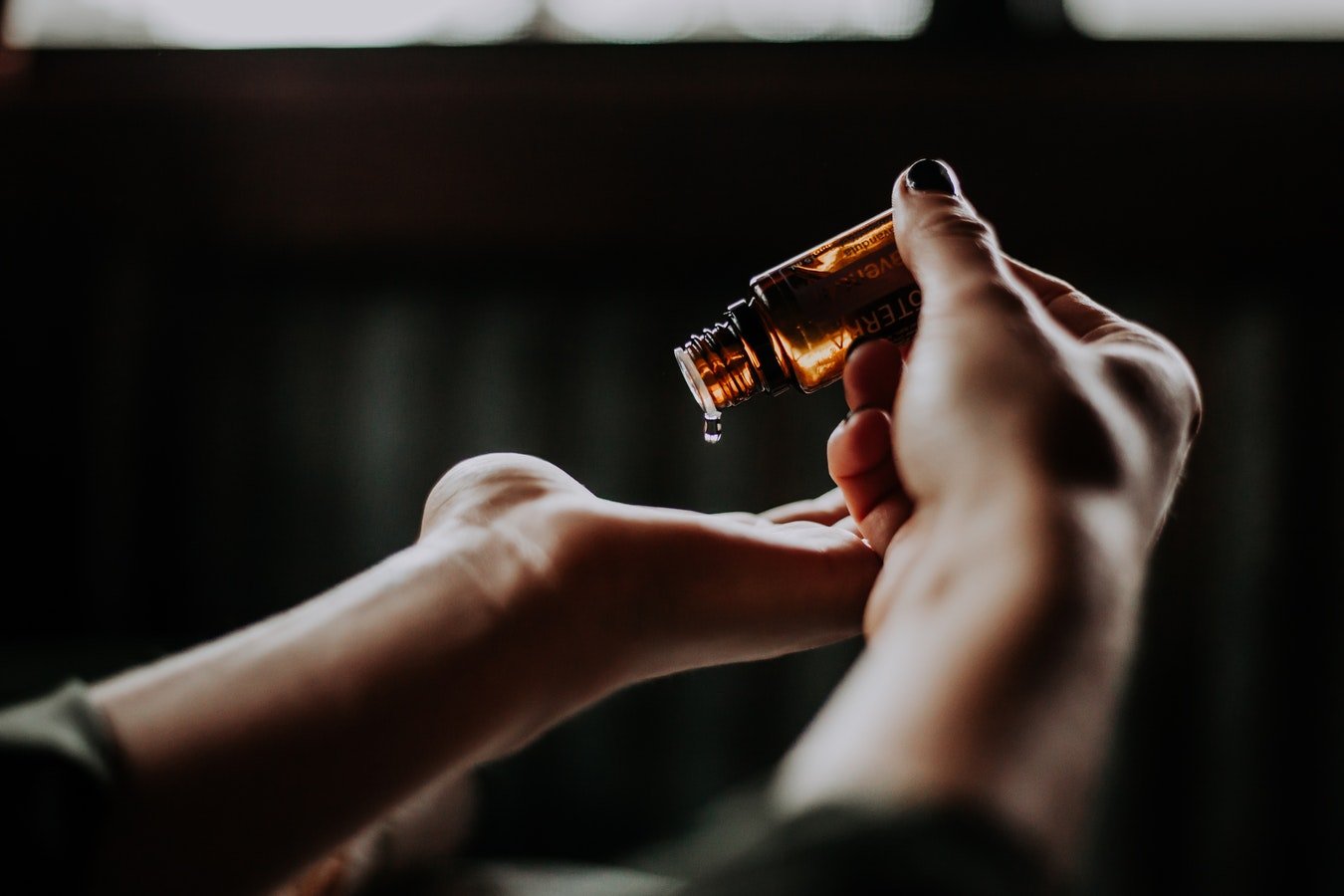
A common form, when using for sleep therapy, is lavender oil. Apply a few drops to your pillow to allow the scent to be inhaled during sleep. It is advantageous to also apply the oil to your pulse points such as your wrists, behind the ears, your temples and your feet. The pulse points are areas on the body where the veins sit closer to the skin, therefore these spots emit the most heat to develop the scent most effectively. At Czech & Speake our lavender based Oxford & Cambridge Bath Oil can equally be used to lightly fragrance the skin, as it contains a high concentration of lavender essential oils.
Lavender Tea
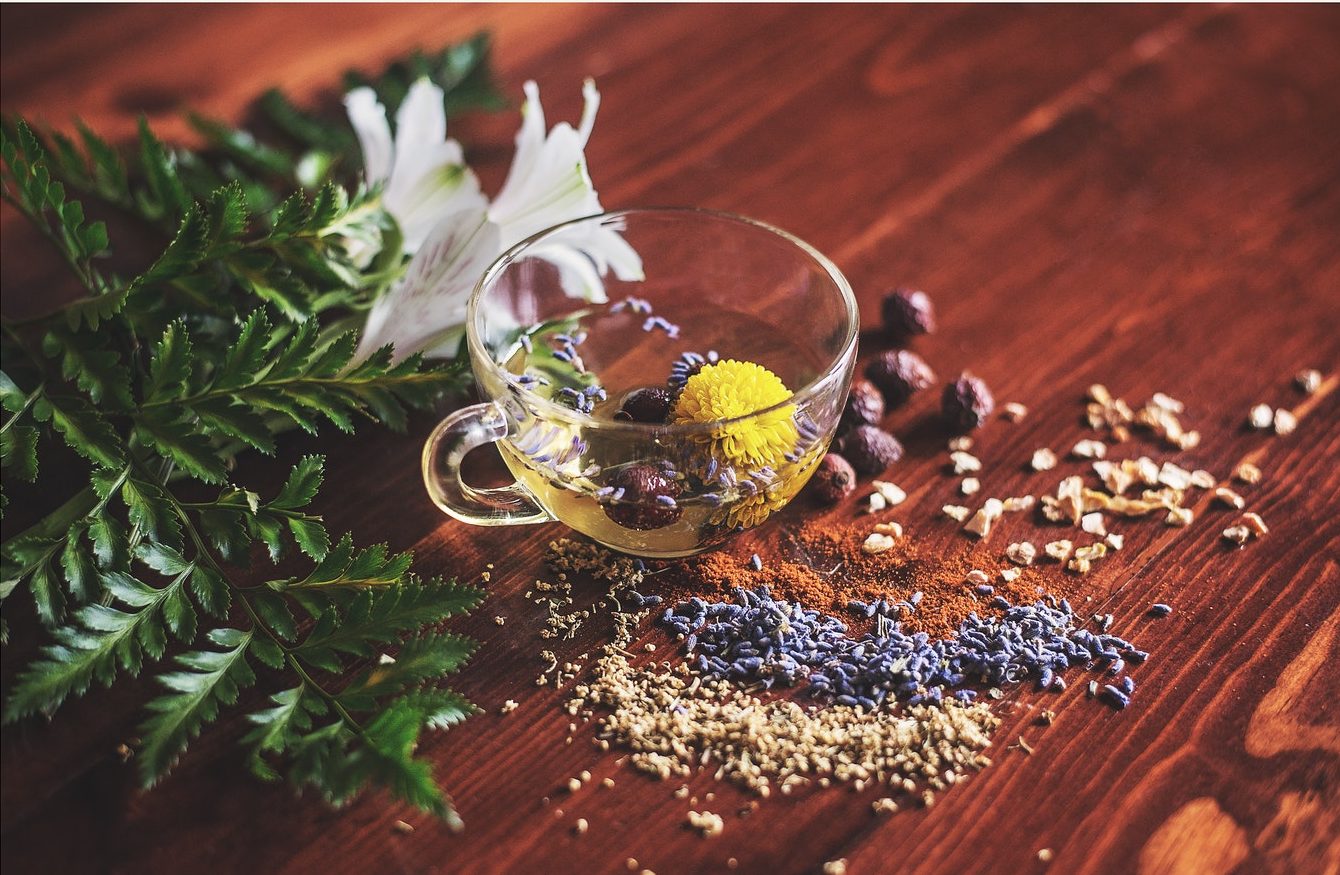
Many of us rely on the caffeine in tea for alertness during the working day, but caffeine-free herbal options can create a calming bedtime atmosphere. As well as the comfort of sipping tea, the heat of the water diffuses the lavender scent around you while you settle down to rest. After consuming the hot liquid, it in fact results in cooling your body down by evaporating the excess water from your skin, so that your body is a comfortable temperature to sleep.
Soak
Similar to the effects of drinking tea, a bath before bed allows you to wind down, and prepare your body for rest. As well as applying to moistened skin, our Oxford & Cambridge Bath Oil’s can be added to hot bath water for a luxurious and aromatic experience, while our Body Wash from the same collection can be used to lather the skin. Through soaking and lathering, your entire body will be lightly fragranced, which is not only a pleasure for the senses but an effective method of allowing the calming lavender scent to reach you.
If you desire better sleep, explore our Oxford & Cambridge Body & Bath range. If you just love the scent of lavender, shop our signature Oxford & Cambridge Cologne spray.



